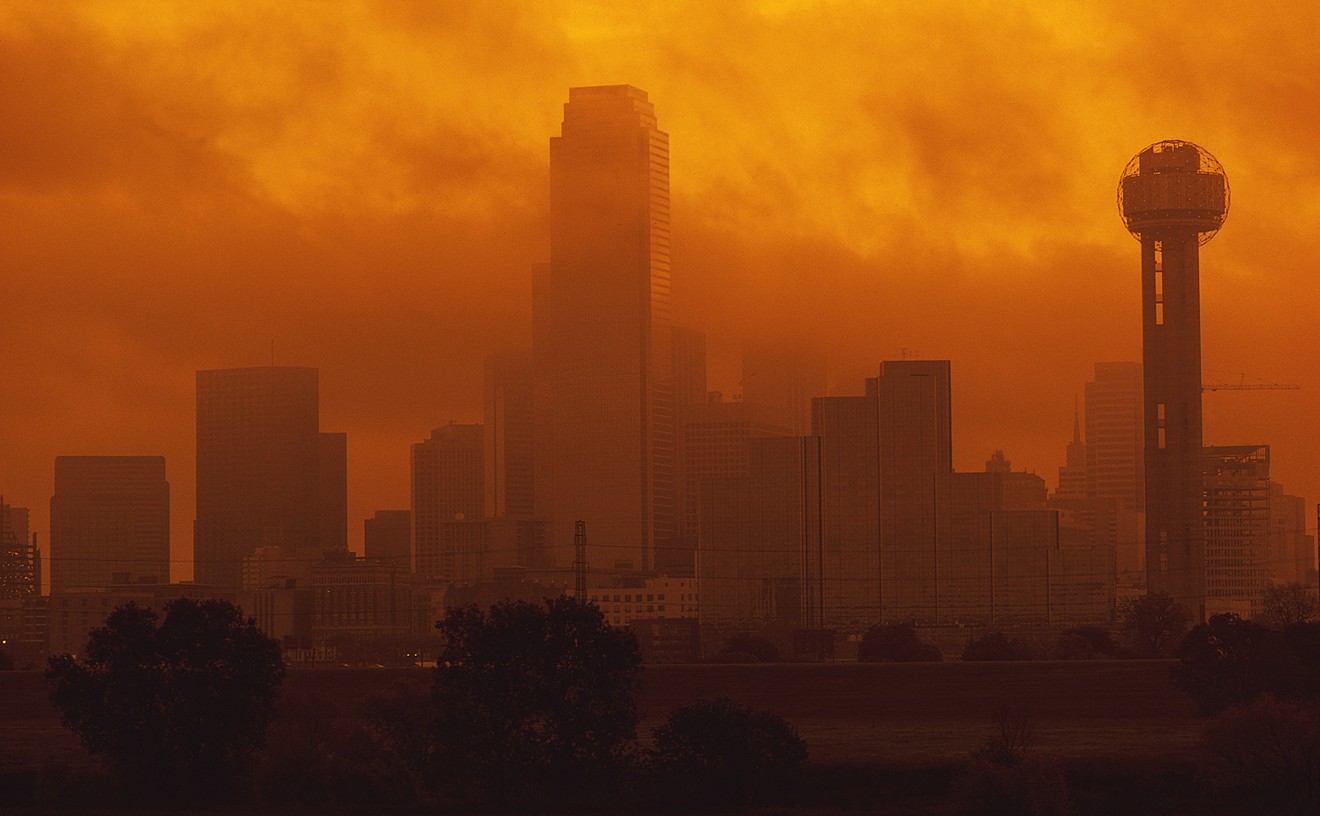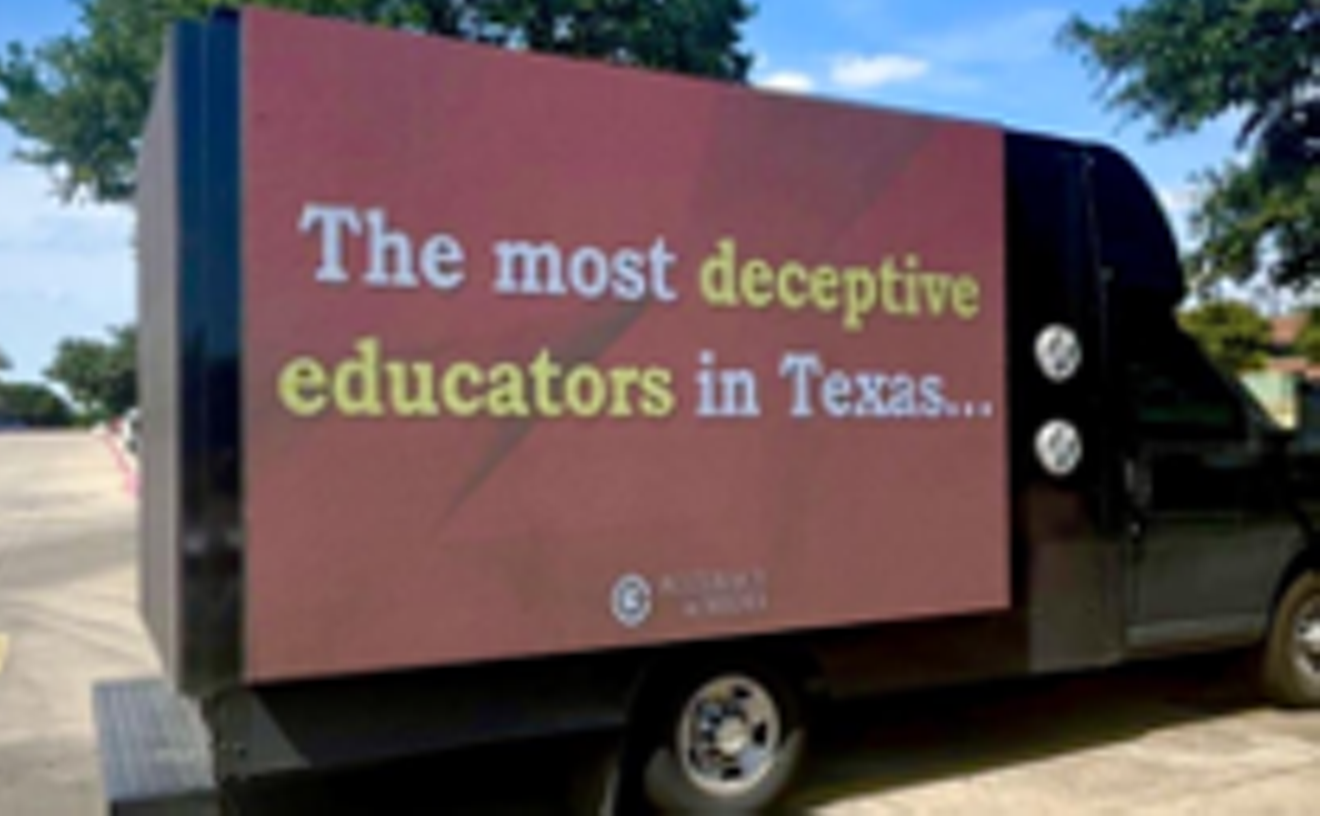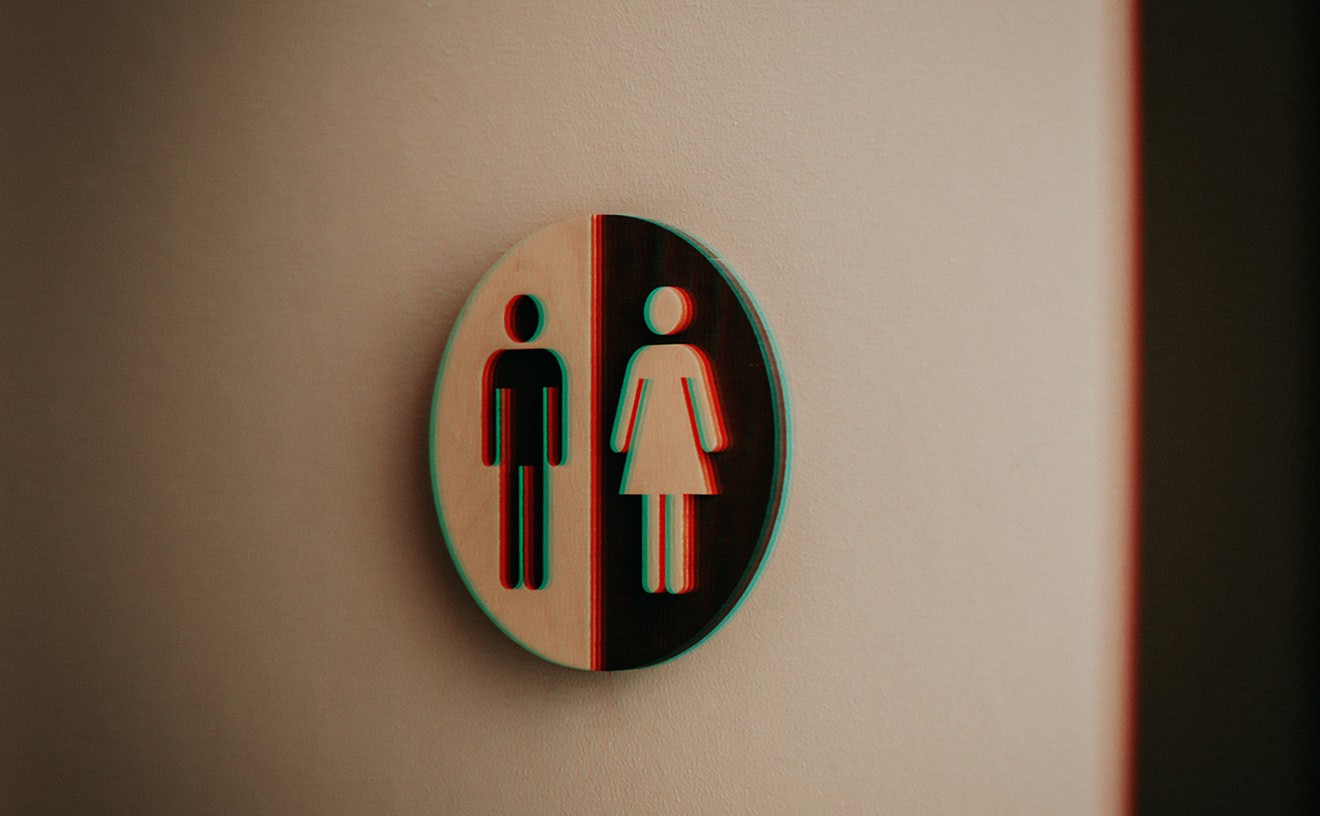Earlier this week, Texas’ health department announced that five regional infusion centers, including one in Fort Worth, have used up their entire supply of a type of monoclonal antibody. Called sotrovimab, the treatment works to combat the highly infectious omicron variant.
This comes as the state’s coronavirus positivity rate has skyrocketed to 21.3%, which Texas Tribune CEO Evan Smith notes is an all-time high. And last week, the federal government paused shipments of two other monoclonal antibody treatments that aren’t effective against omicron.
When asked if North Texans should be worried, Dallas County Judge Clay Jenkins said: “It means when people get sick, we may not have that treatment and is another reason to get boosted immediately and wear a surgical mask. Cloth masks are not very effective against omicron.”NEW from @texastribune: The COVID positivity rate in TX is at an all-time high of 21.3%, per @TexasDSHS https://t.co/eRRwE7F2om #txlege #tx2022 pic.twitter.com/oLCJWrze1o
— Evan Smith (@evanasmith) December 28, 2021
Many are tired of having to deal with COVID-19, but local health officials are encouraging residents to remain vigilant.
Because of a national shortage, the five affected infusion centers won't have sotrovimab until January, when the feds can ship additional supplies, according to the state's health department. In the meantime, a department spokesperson told The Texas Tribune that other centers’ sotrovimab supplies could also soon dry up.
Even though the shortage is worrisome, the public still has several ways to protect itself, said Dr. Rodney E. Rohde, a professor and chair of the Clinical Laboratory Science Program at Texas State University. Vaccine holdouts should sign up for the jab, and those who are eligible should get the booster shot now.“Everyone needs to not let their guard down and be safe." – Dr. Philip Huang
tweet this
In addition, Rohde urges Texans to avoid large crowds, test when appropriate, practice good hand hygiene and seek out well-ventilated areas. Those experiencing symptoms or who have tested positive should also isolate.
So far, vaccinated people have shown to develop very mild symptoms with the omicron variant, said Rodhe, who’s also an associate adjunct professor at Austin Community College. But in the coming weeks, Texas and most other states will continue to experience a surge from the omicron variant because of post-holiday travel.
The omicron variant is one of the most highly transmissible viruses Rohde has seen throughout his career, which has spanned more than 30 years. Although it’s still being studied, its transmission rate appears to be double that of the delta variant.
Rohde also wants Texans to know that the latest surge will place “very dangerous levels” of strain on the health care workforce.
Dallas County has experienced spikes in the number of COVID-19 cases and emergency department visits, said Dr. Philip Huang, director of the county’s health department. Over the weekend, health care workers witnessed hospital admissions hit a level they hadn’t seen since Oct. 25.
“What’s worrisome is also the staffing of the hospitals because a lot of workers are getting infection because the omicron variant is so easily transmitted, and then that’s really affecting the workforce for health care,” he said. “So that’s very concerning.”
Around 93% of Texans are age 5 or older, meaning they are eligible to receive a coronavirus vaccine, according to The Tribune. But as of Dec. 22, roughly 56% of Texans had been fully vaccinated.
Huang notes that those who need to get vaccinated can sign up at many pharmacies and grocery stores.
“Everyone needs to not let their guard down and be safe,” he said.













